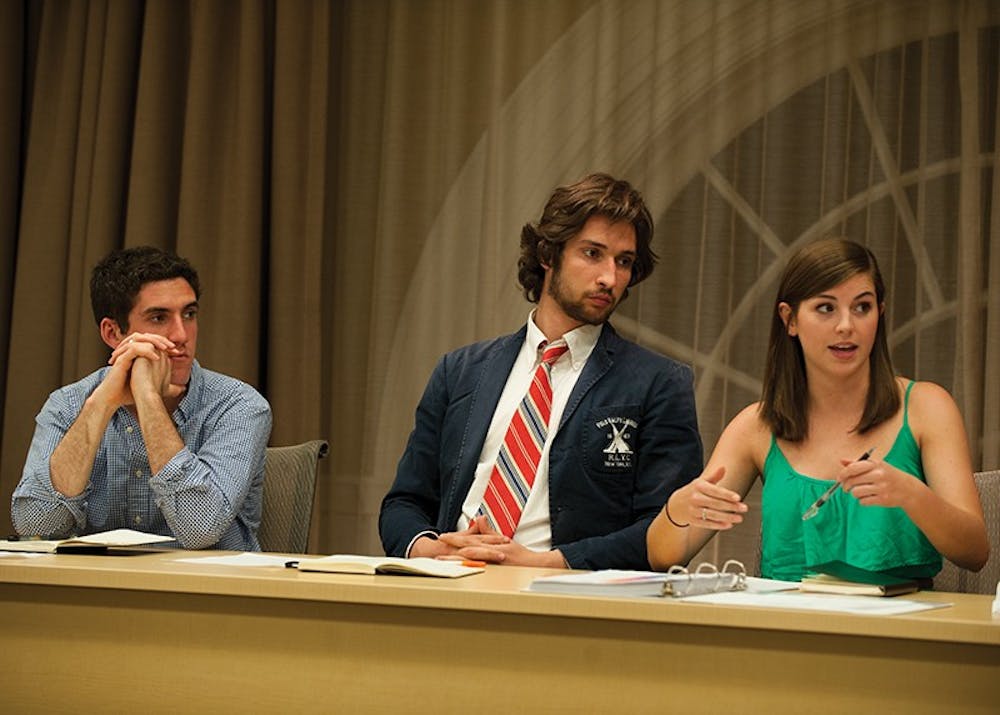Honor Committee Chair Evan Behrle, a third-year College student, and former Honor chair Stephen Nash, a fourth-year College student, sent an email to University students, faculty and staff Monday afternoon sharing information about the Informed Retraction constitutional amendment passed in February in a student body vote.
“The fundamental purpose of the email [was] to provide legal notice to students [about the changes],” Behrle said. “[We wanted] to describe it and provide links that they could follow to get more detailed information.” He also said the committee wanted to explain the “philosophical underpinning[s]” of informed retraction.
Informed retraction allows students to admit to lying, cheating or stealing and then take two semesters off from the University as punishment.
The email also announced a town hall panel this Thursday, to be held in the University at 4:30 p.m. The panel will feature 30 minutes of discussion on informed retraction, including answers to student questions from the RSVP form, as well as 30 minutes of discussion about the honor system moving forward, Behrle said.
Panelists will be drawn from a variety of constituencies within the University, and in addition to Behrle will include Dean of Students Allen Groves, Commerce Prof. Sherri Moore and Student Council President Eric McDaniel, a third-year College student. Also participating will be Cavalier Daily columnist Forrest Brown, a second-year College student, and fourth-year College student Rachna Pathak, the former President of the Asian Student Union
Honor Caucus President Elliott Oakley said the email demonstrated an interest in keeping students informed about the changes, but is not sufficient for the Committee’s outreach efforts.
“I think that yes, this is a good step,” Oakley said. “I would note we had a roundtable very similar to this in the fall and that didn’t get a conversation started until the spring.”
Faculty Senate Chair George Cohen, a University Law professor, said faculty were open to additional engagement with the Honor Committee, but thought it was too early in the process to tell what would happen.
“I think we will have to see how it goes,” Cohen said. “I think that certainly the faculty is interested in anything that improves the working of the honor system.”
But ultimately, the faculty recognize the centrality of student self-governance to the honor system, Cohen said. “The faculty believe that the students have to have the responsibility for making sure the system works,” he said.







